

Atlal (Remnants)(NaN)
A wistful Palestinian man embarks on a trip down memory lane to the pivotal locations of his life in Qatar—all of which now lay abandoned.
'Atlal (Remnants)' is a fictional documentary that follows Bassam, a Palestinian man in his fifties, on a journey between the past and present. An abandoned school, the remains of a beach club, and a dusty cinema hold Bassam's cherished memories from his life in Qatar. Through personal archives and interviews with Bassam and his wife, Laila, we get a deeper look into their stories—slowly revealing the dismaying thoughts behind Bassam's nostalgia.
Movie: Atlal (Remnants)
Top 3 Billed Cast
Bassam
Laila
Son
Video Trailer Atlal (Remnants)
Similar Movies
 8.1
8.1Wild Strawberries(sv)
Crotchety retired doctor Isak Borg travels from Stockholm to Lund, Sweden, with his pregnant and unhappy daughter-in-law, Marianne, in order to receive an honorary degree from his alma mater. Along the way, they encounter a series of hitchhikers, each of whom causes the elderly doctor to muse upon the pleasures and failures of his own life. These include the vivacious young Sara, a dead ringer for the doctor's own first love.
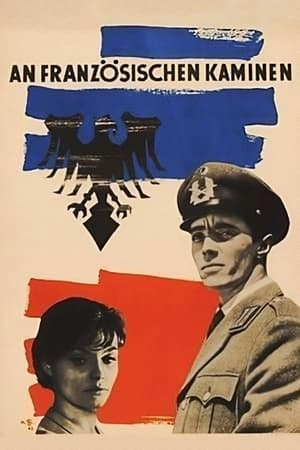 8.5
8.5At a French Fireside(de)
Bundeswehr soldier Klaus’ regiment is stationed in France, to take part in NATO maneuvers. The soldiers are ordered to be kind to the populace, since the West German High Command wishes the French to forget the atrocities that were committed during the Second World War. Klaus falls in love with Jeanne, the daughter of the local mayor. He discovers that his commanders intend to demolish the ruins of a local church, in which civilians were murdered by the German occupation forces at 1944. A local journalist who researches the event discovers that West German General Rucker ordered the massacre, but he is mysteriously murdered. Klaus defies his commanding officer Siebert, who instructs him to steal the documents indicting Rucker, and hands the evidence over to Jeanne.
 6.6
6.6Alien Endgame(en)
In 2021, a Pentagon report revealed what the US government had denied for decades -- UFOs are real and may even pose a threat to our planet. Now, ex-military members break their silence about the massive cover-up. Are we prepared for an alien invasion?
 7.3
7.3Apollo: The Forgotten Films(en)
Recently discovered footage reveals the secret history of NASA's first landing on the moon, and using this brand-new evidence, former astronauts and experts challenge everything known about the Apollo missions.
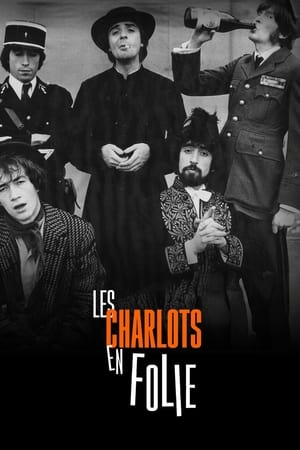 8.0
8.0Les Charlots en folie(fr)
Documentary on Les Charlots, known as The Crazy Boys in the English-speaking world, a group of French musicians, singers, comedians and film actors who were popular in the 1960s, 1970s, and early 1980s.
 5.5
5.5November Child(de)
Malchow, German Democratic Republic, 1980. 20-year-old Anne is hiding Juri, a deserter of the Red Army. The two fall in love with each other. But their love is threatened: there is an arrest warrant and possibly a death sentence waiting for Juri. The two leave the country and flee to the West, leaving Anne’s six-month-old daughter Inga behind. Inga grows up with her grandparents and thinks that her mother died during a swimming accident. 25 years later she meets the literature professor Robert, who sends her on the trail of her past. He met Inga’s mother Anne during one of his seminars. At first Inga is resistant, but then she asks for Robert’s help. Together they take off on a journey through Germany, in search of Inga’s mother Anne...
 6.8
6.8Fulci Talks(it)
Rome, Italy, June 1993. Antonietta De Lillo and Marcello Garofalo interview legendary Italian film director Lucio Fulci (1927-96).
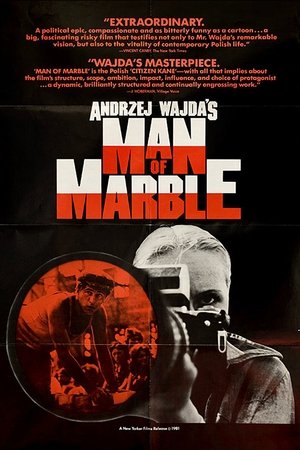 7.0
7.0Man of Marble(pl)
A young Polish filmmaker sets out to find out what happened to Mateusz Birkut, a bricklayer who became a propaganda hero in the 1950s but later fell out of favor and disappeared.
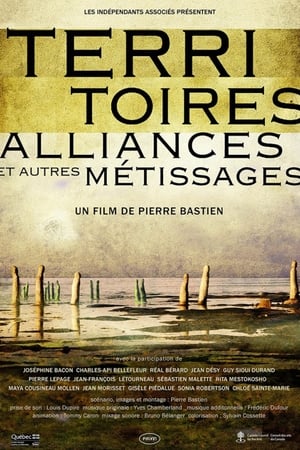 0.0
0.0Territoires, alliances et autres métissages(fr)
By retracing the mixed heritage of First Nations peoples and Quebecers, painting a modern portrait, and sketching a human geography, this film helps us (re)discover the beauty and strength of our common territory: the Americas.
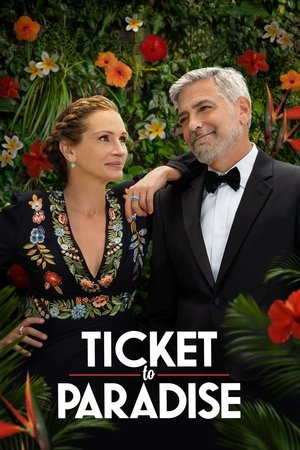 6.4
6.4Ticket to Paradise(en)
Divorced couple Georgia and David find themselves on a shared mission: they team up and travel to Bali to stop their daughter Lily from making the same mistake they once made 25 years ago.
 5.8
5.8Appointment in Tokyo(en)
Produced by the Army Pictorial Service, Signal Corps, with the cooperation of the Army Air Forces and the United States Navy, and released by Warner Bros. for the War Activities Committee shortly after the surrender of Japan. Follow General Douglas MacArthur and his men from their exile from the Philippines in early 1942, through the signing of the instrument of surrender on the USS Missouri on September 1, 1945. Preserved by the Academy Film Archive in 2013.
 5.2
5.2Hanging Up(en)
Three sisters - Georgia, Eve, and Maddy - do what they do best with life, love, and lunacy on the telephone lines that bind - when their curmudgeonly father, Lou, is admitted to a Los Angeles Hospital. After years of wild living, intermittent affection, and constant phoning, he is finally threatening to die.
 7.4
7.4The Muppet Christmas Carol(en)
A retelling of the classic Dickens tale of Ebenezer Scrooge, miser extraordinaire. He is held accountable for his dastardly ways during night-time visitations by the Ghosts of Christmas Past, Present and Future.
 10.0
10.0MIT: Regressions(en)
A documentary on the history of the Institute and America, spanning from World War 2 to COVID-19. Features AI-enhanced archival footage of MIT from throughout the past century. View now at https://regressions.net.
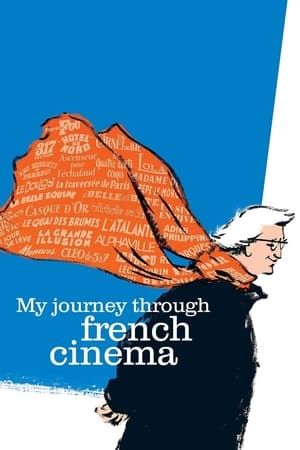 7.5
7.5My Journey Through French Cinema(fr)
Famous French director Tavernier tells us about his fantastic voyage through the cinema of his country.
 8.5
8.5A Life for Movies: Lotte Eisner(de)
Born in Berlin in 1896, Lotte Eisner became famous for her passionate involvement in the world of both German and French cinema. In 1936, together with Henri Langlois, she founded the Cinémathèque Française with the goal of saving from destruction films, costumes, sets, posters, and other treasures of the 7th Art. A Jew exiled in Paris, she became a pillar of the capital's cultural scene, where she promoted German cinema.
 7.2
7.2The Shell Seekers(en)
Penelope Keeling, a sixty-four-year-old daughter of a famous artist, reflects on her life, and the fate and choices that defined it, when she arrives in the Mediterranean to stay with her headstrong daughter. Shifting through time, and falling into place like the pieces of a jigsaw, the truth of Penelope's rich, heartbreaking and surprising life unfolds.
 8.0
8.0Mengele, the hunt for a Nazi criminal(fr)
He was one of the most notorious Nazi war criminals, infamous for his assassination attempts on twins. But at the end of World War II, he simply disappeared...
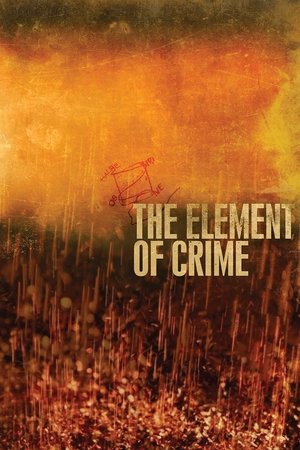 6.4
6.4The Element of Crime(da)
Fisher, an ex-detective, decides to take one final case when a mysterious serial killer claims the lives of several young girls. Fisher, unable to find the culprit, turns to Osbourne, a writer who was once respected for his contributions to the field of criminology. Fisher begins to use Osbourne's technique, which involves empathizing with serial killers; however, as the detective becomes increasingly engrossed in this method, things take a disturbing turn.

